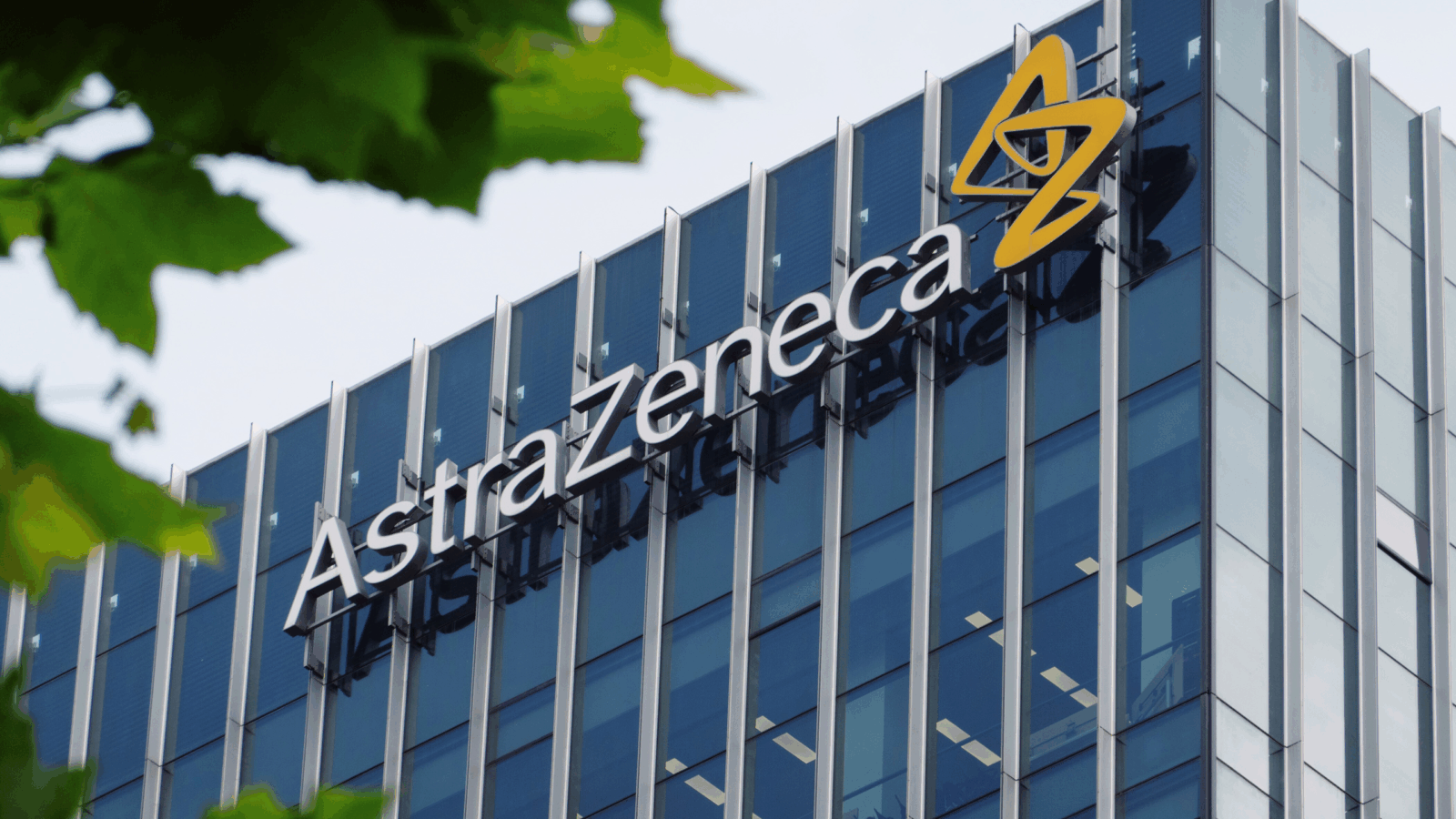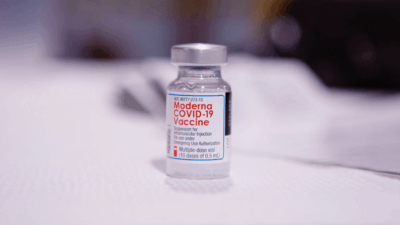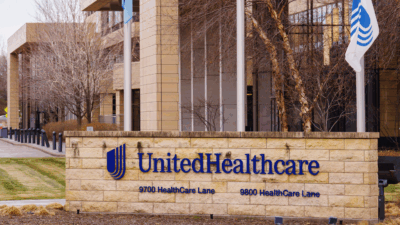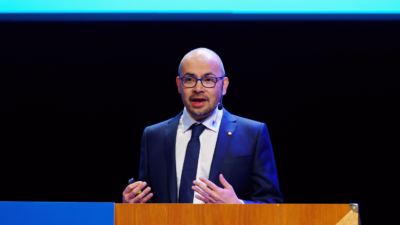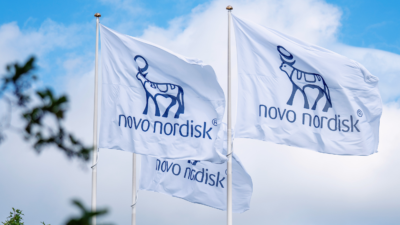FTC, US Health Dept Launch Probe Over Chemo Drug Shortages
The investigation is targeting so-called middlemen that broker deals between hospitals and pharmaceutical companies.

Sign up for smart news, insights, and analysis on the biggest financial stories of the day.
Each year, roughly 2 million Americans are diagnosed with cancer, and for some, getting the proper treatment has become a very serious waiting game.
This week, the Federal Trade Commission and the US Department of Health jointly launched a probe seeking information on how middlemen — group purchasing organizations (GPOs) and drug wholesalers — may be contributing to a lack of chemotherapies and other generic drugs.
The Cost of Cheap Drugs
While various cancer treatments have gone in and out of short supply for years, the problem became particularly acute in 2023. In May, a survey from the National Comprehensive Cancer Network found that 93% of treatment centers reported they were short on carboplatin and 70% reported they were short on cisplatin. Those two drugs are used together and are prescribed to 10% to 20% of cancer patients. Those shortage rates dropped in the fall, but still sat at uncomfortably high levels, with many patients experiencing longer wait times between chemo sessions.
Access to raw materials for making drugs and an increase in patients play a part in the shortages, but the FTC and the Health Department suspect the middlemen buying and selling the medications might be at the heart of the issue:
- Hospital transactions for medications are controlled almost entirely by three GPOs — Vizient, Premier, and HealthTrust — that purchase drugs on behalf of health centers, and three wholesalers — AmerisourceBergen, Cardinal Health and McKesson — that supply 90% of the pharmaceuticals, The Wall Street Journal reported.
- Doctors, drugmakers, and patient advocate groups have argued that because the three GPOs represent so many hospitals, they’re able to win extremely low prices from wholesalers. But the prices may be so low that some drugmakers slash production or stop making the drugs entirely if they feel they can no longer turn a profit.
“For years Americans have faced acute shortages of critical drugs, from chemotherapy to antibiotics, endangering patients,” said FTC Chair Lina Khan. “Our inquiry requests information on the factors driving these shortages and scrutinizes the practices of opaque drug middlemen.”
A Growing Concern: A short supply of cancer treatments isn’t a great development, especially with new evidence that the disease is on the rise among younger generations. Most cancer patients are 65 and older, but one study published in JAMA last summer found cancer rates among people 50 and younger are going up, mostly driven by women and people in their 30s.
